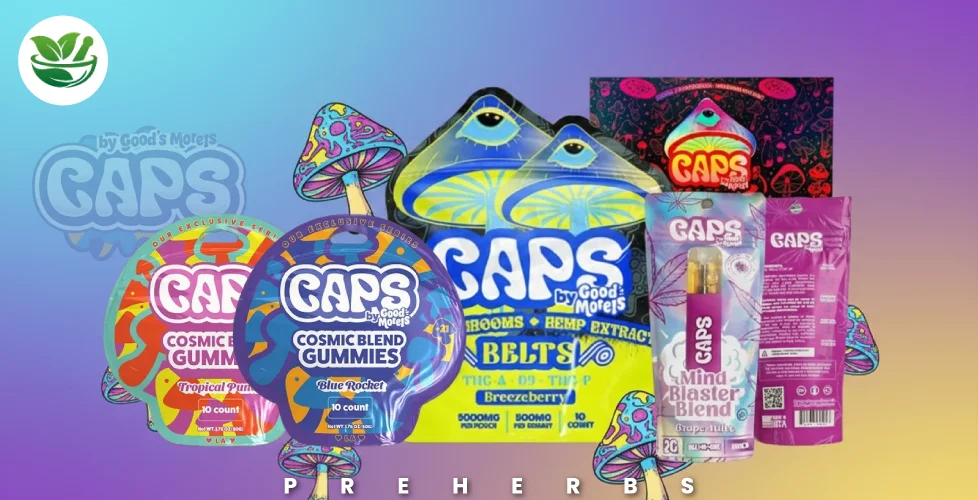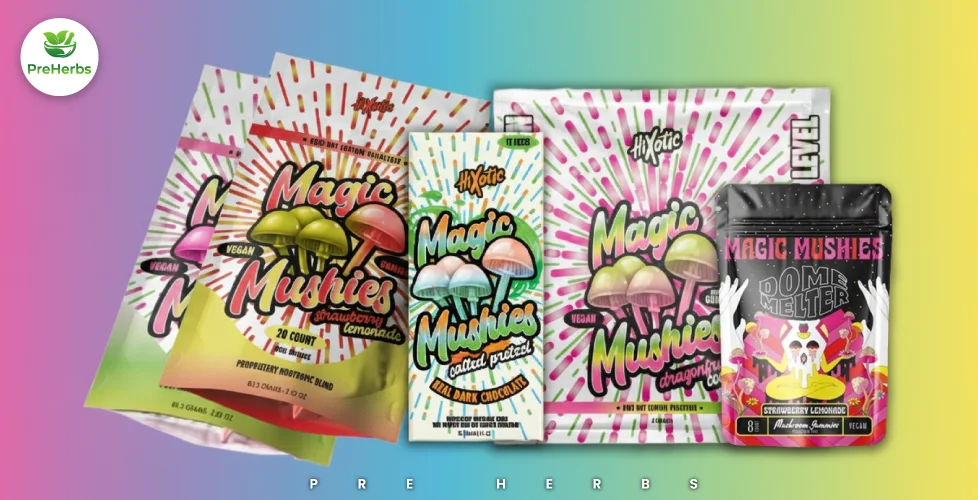In recent years, CBD—short for cannabidiol—has surged in popularity, hailed as a potential remedy for a variety of health issues. Among these is its application for mental health conditions, particularly anxiety and depression. With increasing anecdotal evidence and some promising research, many are curious about how cannabidiol might fit into the mental health landscape. In this blog post, we’ll explore what CBD ( Cannabidiol ) is, its potential benefits for anxiety and depression, the science behind it, and what you should consider if you’re thinking about trying it.
Related blog: How to Incorporate CBD into Your Wellness Routine
What is CBD?
Cannabidiol (CBD) is a compound found in cannabis plants, including hemp and marijuana. Unlike its more famous cousin THC (tetrahydrocannabinol), cannabidiol does not produce a “high” or intoxicated state. Instead, it has been studied for its potential therapeutic benefits, with a growing body of research suggesting it may help with various health issues.
How CBD Works in the Body
CBD interacts with the endocannabinoid system (ECS), a complex network of receptors, enzymes, and endocannabinoids in the body. The ECS plays a role in regulating various physiological processes, including mood, pain sensation, and stress response. Researchers think cannabidiol influences this system by interacting with CB1 and CB2 receptors, which regulate mood and anxiety.
Related blog: The Science Behind CBD: How It Works in the Body
CBD for Anxiety
As interest in alternative treatments for mental health grows, cannabidiol has emerged as a potential option for managing anxiety Derived from cannabis plants, experts tout this compound for its calming effects without the intoxicating high of THC.. Research and user experiences suggest CBD may offer relief for those struggling with anxiety, but it’s essential to understand its benefits and limitations.
1. Understanding Anxiety: Anxiety disorders are among the most common mental health conditions, characterized by persistent and excessive worry, fear, or apprehension. Symptoms can range from mild unease to debilitating panic attacks. Traditional treatments often include psychotherapy and medication, such as selective serotonin reuptake inhibitors (SSRIs).
2. Research Findings: Several studies have explored CBD’s potential for alleviating anxiety. For instance, a review published in 2015 in the Neurotherapeutics journal examined multiple studies and found that CBD appeared to reduce anxiety in both animal models and human trials. More specifically, cannabidiol has shown promise in reducing social anxiety, generalized anxiety disorder, and post-traumatic stress disorder (PTSD).A 2019 study in The Permanente Journal reported that cannabidiol significantly reduced anxiety scores in a clinical population.
3. Mechanism of Action: CBD is believed to influence anxiety through its interaction with serotonin receptors in the brain. Serotonin is a neurotransmitter that plays a key role in mood regulation. By modulating serotonin levels, cannabidiol may help promote a sense of calm and reduce anxiety symptoms.
Related blog: Can CBD Oil Enhance Your Mental Stability?
CBD for Depression
As conventional treatments for depression don’t always work for everyone, CBD is gaining attention as a potential adjunct therapy. This compound, found in cannabis plants, is being explored for its mood-stabilizing properties. While preliminary research is promising, understanding CBD’s role in managing depression requires careful consideration and ongoing study.
1. Understanding Depression: Depression is a complex mental health disorder characterized by persistent sadness, loss of interest in activities, and a range of physical and emotional symptoms. Conventional treatments include antidepressant medications and psychotherapy, but not everyone responds to these approaches.
2. Research Findings: CBD’s potential antidepressant effects have also been studied. A 2018 review in Frontiers in Pharmacology indicated that cannabidiol might have antidepressant-like effects in preclinical models. The review suggested that CBD could influence mood through its impact on the ECS, including effects on brain regions involved in emotional regulation.
3. Mechanism of Action: cannabidiol may help with depression by modulating the ECS and influencing neurotransmitter systems. It might affect the brain’s reward system and neuroplasticity, which can be altered in individuals with depression.
Related blog: How Effective is CBD in Managing Stress?
Safety and Side Effects
Most people generally consider cannabidiol safe, but it can still cause potential side effects. Common side effects include dry mouth, dizziness, changes in appetite, and fatigue. It’s also important to consider that CBD can interact with certain medications, including blood thinners and some antidepressants. Always consult with a healthcare professional before starting CBD, especially if you’re on medication or have underlying health conditions.
The Legal Landscape
The legality of CBD varies by region. In many places, cannabidiol derived from hemp (containing less than 0.3% THC) is legal, but regulations can differ. Be sure to check local laws and buy cannabidiol products from reputable sources to ensure quality and compliance with legal standards.
Related blog: Understanding the Legal Status of CBD in 2024
Conclusion
CBD shows promise as a potential tool for managing anxiety and depression, with some research supporting its efficacy and many people reporting positive outcomes. However, it’s essential to approach cannabidiol with a cautious and informed mindset. While preliminary studies are encouraging, more rigorous clinical trials are needed to fully understand its benefits and limitations.
If you’re considering CBD as part of your mental health strategy, discuss it with a healthcare provider who can help you navigate its potential benefits and risks based on your individual health needs and circumstances.



